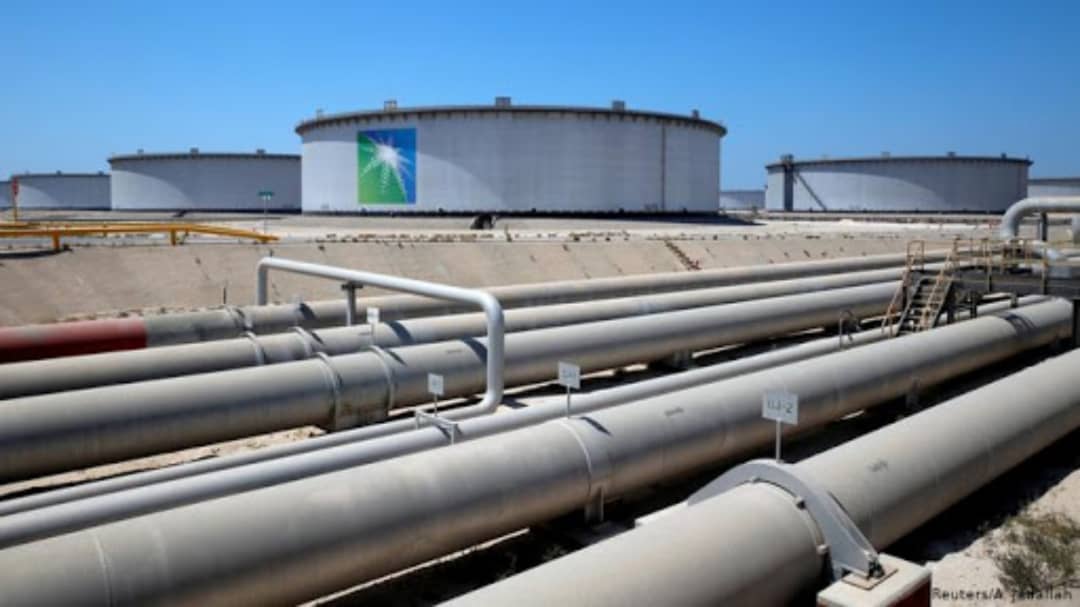Petroleum products smuggling in Nigeria: A norm?

Since the inception of oil and gas exploration and production in Nigeria, there has been lack of availability of reliable data of its operation in public domain. There is the perception amongst stakeholders that the transactions of the industry are shrouded in secrecy and in instances where data is released, it is usually viewed as distorted to suit government narratives.
This has consequently created an atmosphere of distrust between citizens and government – for example, Nigerian National Petroleum Corporation (NNPC), the government institution mandated to supervise Nigeria’s oil and gas industry is usually regarded as the “cash cow” of the government due to lack of timely and reconcilable publication of its oil and gas transaction details for sake of transparency and accountability. Selected examples of such shrouded transactions include untimely and unreliable data for crude oil exported daily out of Nigeria, amount of petroleum products imported into the country, daily national consumption of petroleum products and monies accruable to the FG as a result of oil and gas operations etc.
Amongst these unreliable oil and gas transactions data released, one of the most prominent remains daily national petroleum product import and consumption data. The lack and inconsistency of this data in public domain has served as an enabling factor for smuggling of petroleum products within and out of Nigeria’s territorial borders. Therefore, the prevalence of petroleum products smuggling in Nigeria would be assessed accordingly.
Since Nigeria’s affiliation with Extractive Industries Transparency Initiative (EITI) in 2007, targeted efforts have been made to increase the transparency of the nation’s oil and gas sector for national development. Through periodic published audit reports of Nigerian Extractive Industries Transparency Initiative (NEITI), transparency has been increased in the sector amounting to the recovery of USD 2.4 billion based on audit report of 2018. However, the effect of this progress remains limited in enshrining transparency in management of petroleum product importation and consumption in the country. Herein lays the “failure” of Petroleum Products Pricing Regulatory Agency (PPPRA) which in its capacity should provide reliable data for petroleum product importation and consumption.
As regards provision of reliable petroleum product importation data, the role of PPPRA becomes more difficult to execute due to the nature of petroleum product importation mechanisms applicable in Nigeria; currently, the country uses Direct Sale Direct Purchase (DSDP) agreement with selected offshore refineries which replaced Offshore Processing Agreement. These factors and more have created enabling environment for significant variability in data reported by relevant government institutions as regards petroleum product importation.
These discrepancies are evident in the petroleum products transaction data [with specific focus on Petroleum Motor Spirit (PMS) which accounts for 60% of petroleum products consumed in Nigeria] highlighted by the reports of Nigerian Bureau of Statistics (NBS) Petroleum Products Importation and Consumption statistics (whose data is supplied by PPPRA) and NNPC’s Financial and Operations Report of first quarter of 2020. Comparison shows that volume of PMS imported in Q1 of 2020 varied amongst figures reported by these institutions; herein, NBS reported 5, 262, 043, 244 litres while NNPC reported 5, 608, 517, 858.2 litres within same period creating a un-reconcilable 346, 474, 614.2 litres imported with market value of NGN 57 billion at NGN 165/litre. Similar discrepancies were reported in 2019 where NBS recorded PMS importation of 29, 892, 934, 107 litres while NNPC recorded 19, 022, 161, 935.06 creating a difference of 1, 022, 161, 935.06 litres with market value of NGN 165 billion.
These selected un-reconcilable PMS importation data shows that the petroleum downstream industry lacks transparency which creates an enabling environment for smuggling of products into neighbouring countries whose price of PMS is higher than Nigeria’s. For emphasis, the cost of PMS is lowest within Nigeria as compared to Niger (NGN 4256), Benin (NGN 368.6), Chad (NGN 342) and Cameroun (NGN 414.2) creating an enabling market dynamics for product smuggling. Although, the prevalence of smuggling within Nigeria’s downstream oil and gas sector remains debatable, lack of reliability and accuracy of data reported by government institutions continuously fuels the conversation, depicting the industry as “corrupt” and unattractive to investors. Conclusively, such atmosphere of market dynamics negatively affects national growth and development.
Eyankware is extractives policy analyst with OrderPaper Nigeria
Apr 25, 2021 by Oghenegare EyankwareOther Articles
-
RemTrack Plog
Tinubu's ‘Green’ Mobility Directive: All You Need to Know About the Shift to CNG Vehicles
- RemTrack Plog
-
RemTrack Plog
ANALYSIS: Emerging Regulation of Sustainability Reporting in Nigeria
-
RemTrack Plog
INSIGHT: Sustainability as the New Deal for Companies and Communities
- RemTrack Plog
- RemTrack Plog
